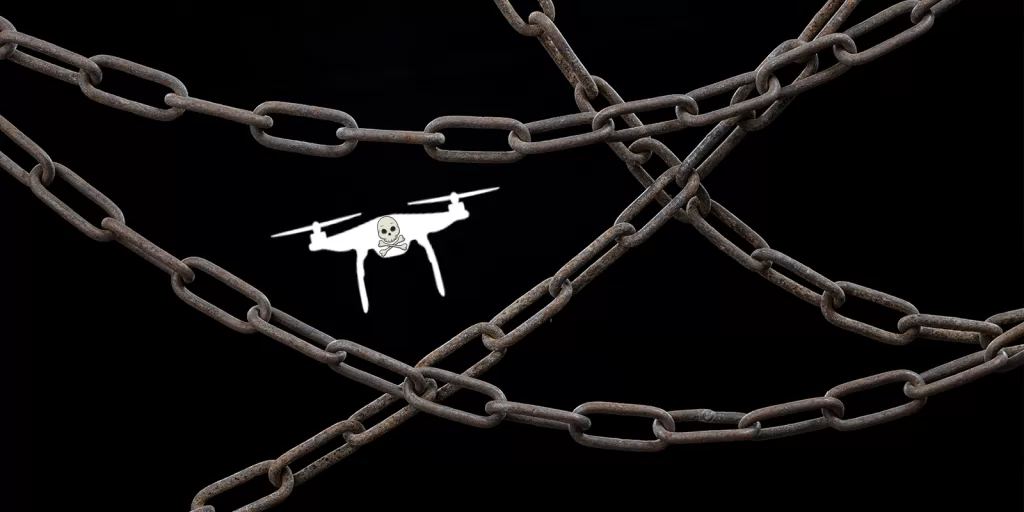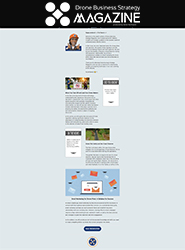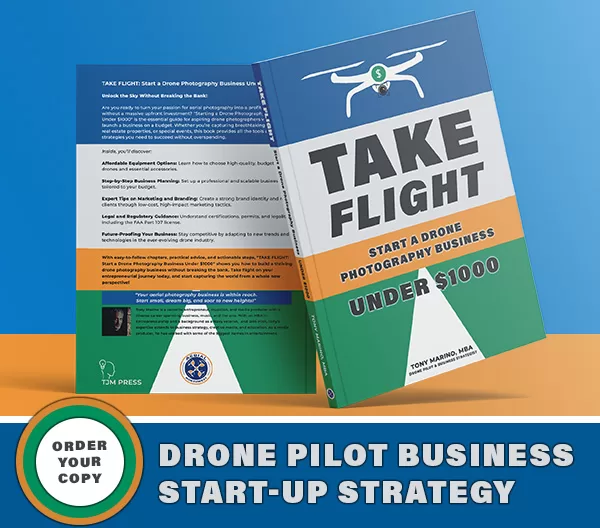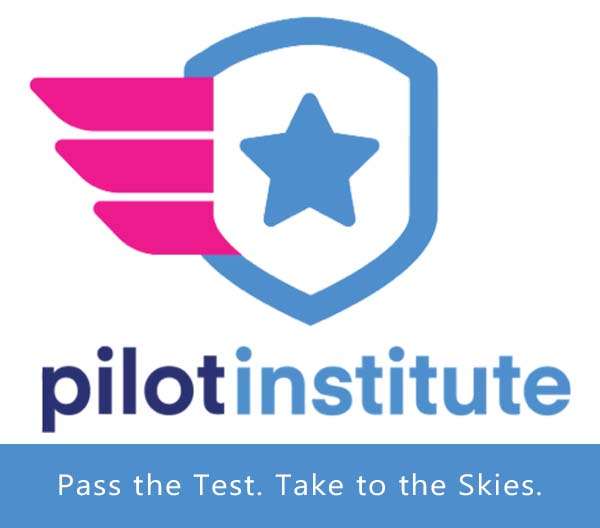
Floridian attorney Jonathan Rupprecht recently penned a thought-provoking piece delving into the dangers of enlisting illegal drone pilots. As a strategist involved in expanding drone service businesses, I deeply appreciate the significance of upholding trust and reputation in our field. Consequently, I am constantly on the lookout for insights that can either enhance or jeopardize the standing of our industry, the committed legal drone pilots who contribute to its advancement, and the public who depend on us for a variety of aerial services.
In this article, not offering legal advice but rather from the standpoint of business risk management, we thoroughly explore the risks associated with hiring illegal drone pilots. Our aim is to illuminate potential consequences and offer guidance on navigating this complex landscape.
What Will Be Discussed
Reputational Risks with Illegal Drone Pilots: Learn how hiring illegal drone operators can severely damage your brand’s reputation and cause clients and partners to lose trust in your business.
Prison Time and Illegal Drone Pilots: Understand the legal implications and the possibility of facing prison time for hiring uncertificated drone pilots.
You Could Lose Your Drone: Discover how using an illegal operator can lead to the confiscation of your drone by the U.S. Government, impacting your business operations and finances.
Business Resources Wasted (Time and Money): Find out how legal investigations and subpoenas can divert your time and money away from revenue-generating activities and into costly legal processes.
Others Might Start Questioning Your Judgment: Realize the broader impacts of legal troubles on your relationships with clients, employees, and partners, and how it can lead to a loss of credibility and trust in your industry.
Hiring Illegal Drone Pilots: The Risks
In the United States, individuals aiming to operate drones for commercial purposes (excluding recreational use) must possess an airmen certificate. Typically, most individuals opt to fly under Part 107 regulations and acquire a remote pilot certificate, a process that entails payment of fees and successful completion of a test. However, there are instances where individuals choose to circumvent these requirements and operate drones illegally without obtaining the necessary certification.
Despite the misconception that one may not be liable if not directly involved in the act of flying, the truth is that there exist significant reputational and legal repercussions for engaging illegal drone pilots, with potential implications extending to imprisonment.
Reputational Risks Associated with Illegal Drone Pilots
Flying drones without a remote pilot certificate is not just a regulatory violation; it constitutes a federal crime. The Federal Aviation Administration (FAA) has imposed substantial fines on individuals caught operating drones illegally, with penalties reaching as high as $1.9 million in some cases. Moreover, the Department of Justice retains the authority to prosecute individuals who flout drone regulations.
For instance, Section 46306(b) of Title 49 of the United States Code stipulates that individuals knowingly and willfully operating drones without the requisite certification can face fines or imprisonment for up to three years. Consequently, hiring an uncertified drone pilot poses a significant risk to your brand’s reputation. The potential reputational damage is considerable, often leading clients and partners to distance themselves from your business.
In essence, the fallout from engaging illegal drone pilots extends beyond legal repercussions; it can tarnish your brand image and erode the trust and confidence of your clientele and business partners.
Potential Imprisonment Associated with Illegal Drone Pilots
The consequences of hiring uncertified drone pilots extend beyond financial penalties; they can result in incarceration. Section 46306(b) of Title 49 of the United States Code unequivocally states that knowingly employing or utilizing an unlicensed drone pilot is illegal and subject to severe penalties. Ignorance of the pilot’s lack of certification is not a valid defense; failing to verify their credentials can expose you to negligence claims and legal liabilities.
It’s essential to recognize that both the illegal drone operator and the individual or entity that hires them are liable to face legal consequences, including the possibility of imprisonment. Therefore, the decision to engage uncertified drone pilots carries significant risks that extend far beyond financial implications.
Ensuring compliance with drone regulations and hiring only certified pilots is crucial to mitigating such risks and safeguarding against potential legal repercussions.
You Could Lose Your Drone
Engaging an illegal drone operator not only poses legal risks but also threatens the confiscation of your drone assets. Should a drone be implicated in illegal activities, the U.S. Government reserves the authority to seize it. This forfeiture of your drone not only hampers your ability to conduct business but also imposes additional financial burdens in the form of legal fees and expenses.
Losing control of your drone due to its involvement in unlawful activities not only disrupts your operations but also undermines your reputation and credibility within the industry. It is imperative to recognize the potential ramifications of utilizing illegal drone operators and take proactive measures to ensure compliance with regulations to safeguard against such adverse outcomes.
Business Resources Wasted (Time and Money)
Addressing legal investigations and subpoenas imposes a substantial drain on business resources. Take, for example, the Skypan case, where the Federal Aviation Administration (FAA) issued an administrative subpoena necessitating extensive documentation and compliance efforts. This process demanded significant investments of time and money, diverting attention from revenue-generating activities and resulting in substantial legal expenses.
Responding to legal requests requires dedicating resources that could otherwise be allocated to core business operations, hindering growth and productivity. Moreover, the financial burden incurred in legal proceedings can have lasting implications on the financial health of the business. It is essential for organizations to proactively mitigate legal risks and ensure compliance to minimize the impact of potential legal entanglements on their operations and bottom line.
Others Might Start Questioning Your Judgment
When a business becomes implicated in illegal activities, it can trigger doubts and concerns among clients, employees, and partners regarding the company’s judgment and integrity. The stress of navigating legal troubles and the need to explain the situation to stakeholders can be overwhelming. Furthermore, the potential loss of business relationships adds to the pressure, compounding the negative impact.
The lingering negative perception resulting from legal entanglements can severely damage the company’s reputation and credibility within the industry. Rebuilding trust and repairing damaged relationships may require significant time and effort, with lasting consequences for the business’s standing and success.
It is crucial for organizations to prioritize compliance and ethical conduct to avoid the fallout from legal implications and safeguard their reputation and business relationships.
Conclusion: The Takeaway
Hiring illegal drone operators poses numerous risks that can have long-lasting effects on your business. From severe legal consequences and significant financial losses to damaging your hard-earned reputation and disrupting your business operations, the implications are extensive and severe.
It is crucial to ensure that any drone pilots you hire are properly certified under Part 107. By doing so, you protect your business from potential legal actions and financial penalties, maintain your good standing in the industry, and ensure the safety and compliance of your operations. Investing in certified pilots not only safeguards your business but also reinforces your commitment to quality, safety, and professionalism.
Building a reputable drone service business requires adherence to regulations and a focus on ethical practices. By avoiding shortcuts and ensuring all pilots are properly certified, you demonstrate a commitment to integrity and excellence that clients and partners will respect and trust.
In the rapidly evolving aerial drone service industry, maintaining high standards is essential for long-term success and growth.
If you have any questions, let us know! If you’d like to hire us, you can get more information here.
Written by: Tony Marino, MBA – FAA Certified Part 107 Commercial Drone Pilot and Chief Business Strategist at Aerial Northwest
Disclaimer: The information provided in this blog post is for general informational purposes only and should not be construed as legal advice.
Resources
- FAA Resources: FAA DroneZone
- FAA: Certificated Remote Pilots including Commercial Operators
- Drone Law and Drone Attorney Assistance, Rupprecht Law P.A.
- Article: Drone Pilot Aerial Photography Business Plan Blueprint 2024
- Article: Top 5 Drone Pilot Marketing Channels for 2024

DRONE BUSINESS STRATEGY MAGAZINE
A free digital publication made exclusively for all small business drone pilots to them help start-up, become profitable while sustaining a competitive advantage within the drone service industry sector they opt to serve.
“If you love to fly, we’d love to have you come aboard!”
We share your information with no one. Our Privacy Policy.









Leave a Reply
Your email is always safe with us.